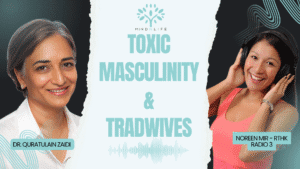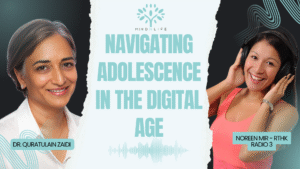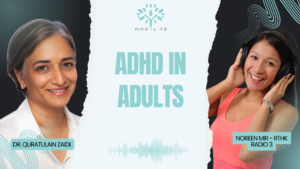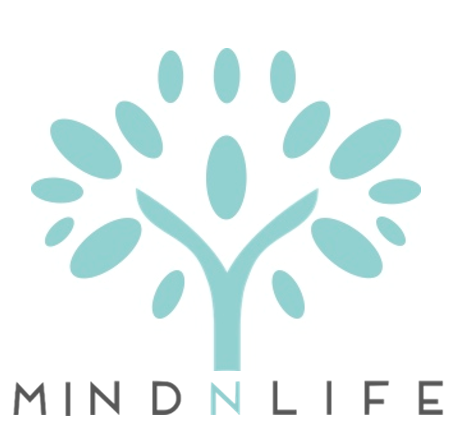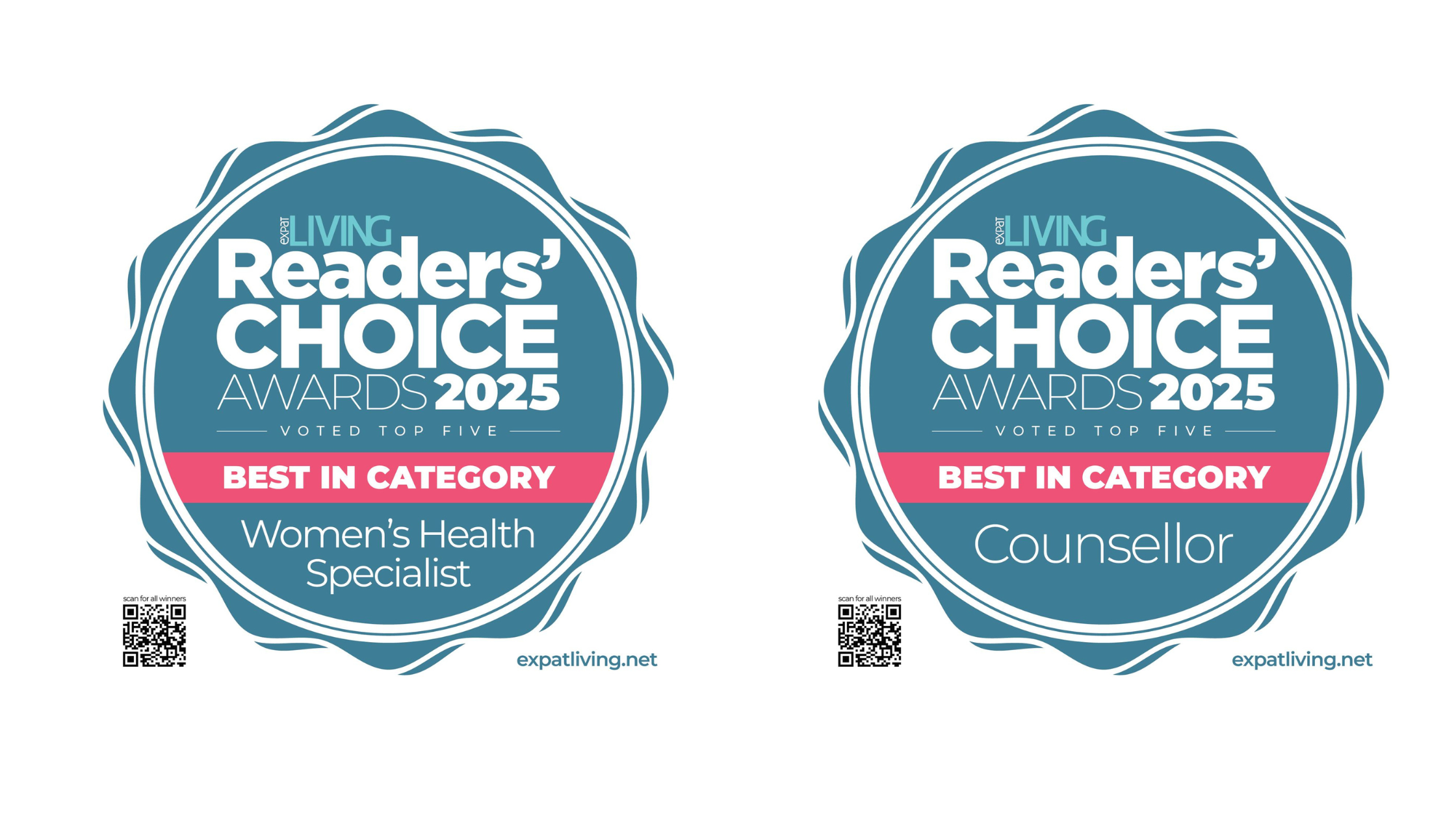Why is it so important to take Self Harm seriously?
Definition of Self harm according to NICE 2004
“Intentional self poisoning or injury, irrespective of the apparent purpose of the act.”
Cutting is the most common method of intentional injury. At least 17% of girls and 5% of boys will have engaged in this behaviour by the time they finish school.
As many as 30% of young people might report that they have self-harmed in their life.
It is much more common than suicide, with girls being three times more likely to self-harm than boys. Boys are three times more likely than girls to die of suicide.
Suicide is the second leading cause of death in adolescents in the West (accidents are the first).It is important to take intentional injury seriously as it is linked with suicide and physical harm.
Contrary to what many people believe cutting is rarely an attention seeking behaviour. The majority of young people who cut are ashamed of this behaviour and rarely seek help.
Risk Factors for Self-harm
- Family, friends and peers CONFLICTS
- Sexual orientation
- Psychiatric conditions
The most common psychiatric disorder, linked with self-harm in adolescence, is depression.
FOR TEACHERS
When you speak to young people who self-harm, or who are at risk of self-harm, three kinds of risk questions need to be borne in mind:
- What is the risk this young person poses to themselves?
- What is the risk the young person might pose to other people?
- What is the risk from other people to the young person?
AND
YOU MUST INFORM
- Head of School
- Parents
- Get qualified professionals involved
FOR STUDENTS
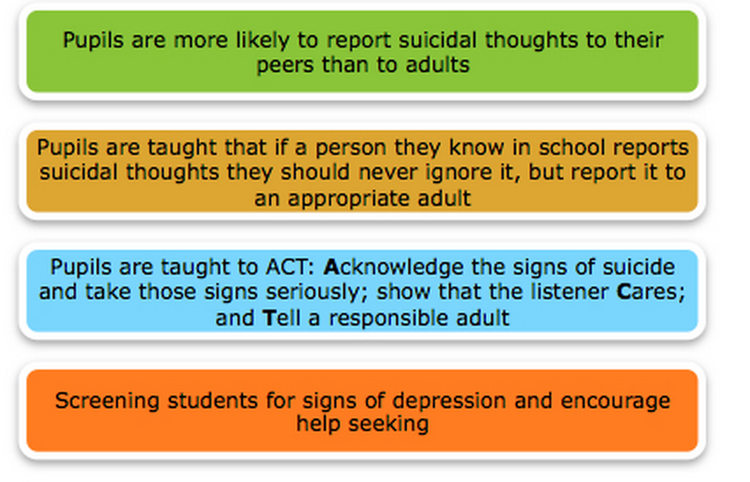
SUMMARY
- Any form of intentional injury, no matter how superficial, should not be ignored. Appropriate help should be sought, and it should be reported.
- Young people who self-harm usually feel isolated and lonely.
- Young people can feel embarrassed or ashamed about cutting themselves and fear being judged by others.
- Treat these young people with empathy and seriousness that these adolescents deserve to be treated with.
Source of information NICE guidelines, and MINDED.

Dr. Quratulain Zaidi (BSc. Hons, MSc, MSc, PhD) is a mother and a member of the British Psychological Society and British Association Counselling & Psychotherapy and abides by the Ethical Framework for Good Practice in Counselling and Psychology. She has lived in Hong Kong and Singapore for 12 years. Dr. Zaidi specialises in assisting families with issues including parenting, teen issues, Cybersafety, marriage guidance, post natal depression, stress and anxiety disorders, depression, bullying, eating disorders, OCD and self-harm. She is an expert in educational assessments and learning challenges in children, for example ADHD, ADD, Dyslexia and ASD.
[ess_post]


